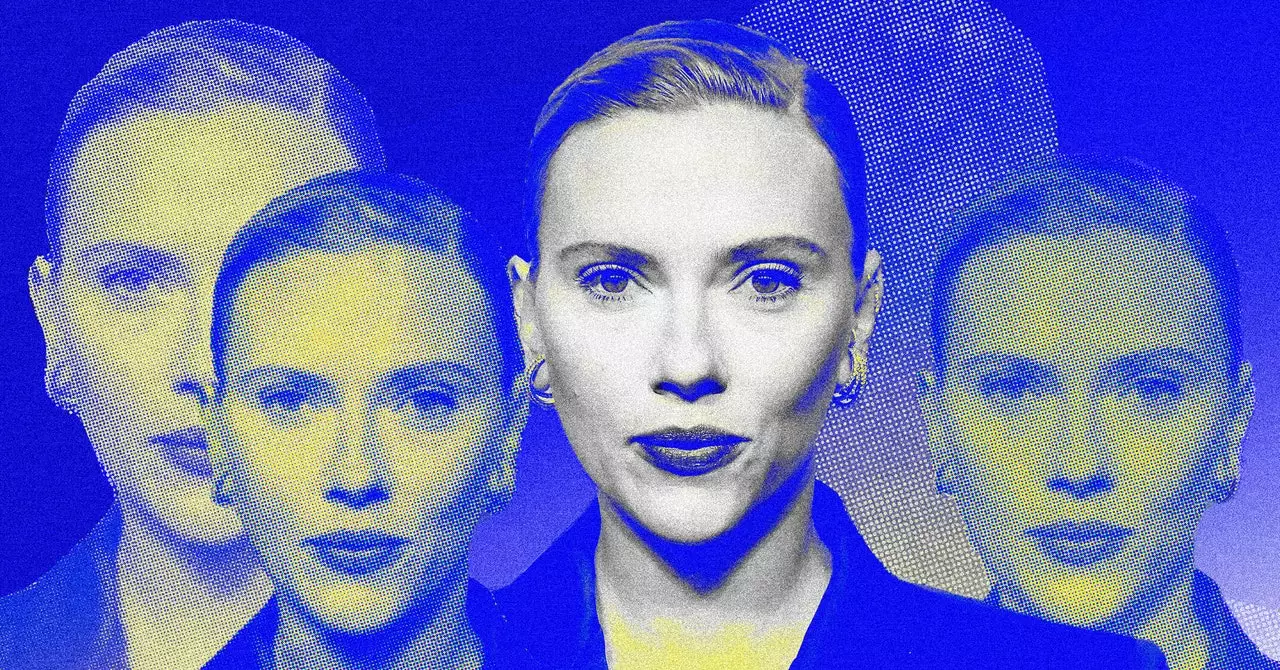When it comes to AI voice cloning, legal experts like Rothman argue that the key concern should be whether the audio confuses listeners, rather than focusing on the use of someone’s actual voice. This distinction between imitation and recording in the style of someone else is crucial in determining the legal implications. According to Rothman, no one can claim ownership of a particular style. However, the issue becomes more complex when considering the potential right of publicity claims raised by celebrities like Scarlett Johansson.
Legal experts such as Colorado law professor Harry Surden and Frye have differing opinions on the legality of OpenAI’s actions. Surden suggests that a right of publicity claim from Scarlett Johansson would be weak due to the superficial similarity between the AI-generated voice and Johansson’s. Frye, on the other hand, questions whether simply cloning the sound of her voice poses a right-of-publicity problem. The absence of federal right-of-publicity laws in the US adds another layer of ambiguity to the situation, as state statutes vary widely.
The one-word post by Sam Altman on X, along with references to Johansson’s movie roles, further complicates OpenAI’s position in the court of public opinion. These actions suggest a deliberate connection between the AI voice clone and Johansson, potentially weakening any defense OpenAI might present. Cornell law professor Grimmelmann views this as an intentional move by OpenAI to generate controversy and publicity, rather than a simple misunderstanding.
The revelation that OpenAI had approached Scarlett Johansson to provide a voice for its chatbots raises ethical concerns about the company’s intentions. Despite their claims that the AI voice clone is not meant to resemble Johansson, the sequence of events leading up to the release of the AI product paints a different picture. Legal experts like David Herlihy criticize OpenAI’s actions as a miscalculation and a potentially damaging move from a copyright perspective.
Some legal professionals even speculate that the entire AI voice cloning scandal could be a deliberate stunt orchestrated by OpenAI to generate publicity. Purvi Patel Albers, a partner at a law firm specializing in intellectual property cases, suggests that the controversy surrounding the AI voice clone may have been intended to garner attention and media coverage. This theory raises questions about the motivations behind OpenAI’s decision to move forward with the AI project despite Johansson’s refusal to participate.
The legal implications of AI voice cloning extend beyond mere imitation and delve into issues of confusion, right of publicity, and ethical considerations. The ambiguity surrounding state-based right-of-publicity laws, combined with public perception and potential ethical lapses, underscores the need for clear regulations in the rapidly evolving field of artificial intelligence. Furthermore, the debate over whether the scandal was a genuine misstep or a calculated publicity stunt raises important questions about the intersection of technology, law, and ethics in the modern era.


Leave a Reply
You must be logged in to post a comment.